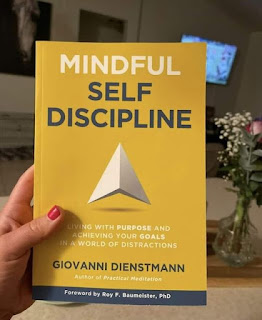10 Sales Superpowers from “Unlimited Sales Success” by Brian Tracy and Michael Tracy:
1. Master the Psychology of Selling: Your mindset is paramount. Belief in yourself, your product, and your ability to help others is the bedrock of success. Cultivate unwavering optimism and enthusiasm to attract customers and close deals.
2. Embrace Personal Sales Planning & Time Management: Plan your days, weeks, and months meticulously. Set clear goals, prioritize tasks, and eliminate time-wasters. Utilize scheduling tools and techniques to maximize your productivity and ensure you reach the right people at the right time.
3. Unleash Prospecting Power: Generate a steady stream of qualified leads. Network actively, leverage social media, and refine your prospecting techniques to identify potential customers who genuinely need your solution. Remember, quality over quantity is key.
4. Become a Consultative & Relationship-Oriented Seller: Don’t just pitch; build trust and rapport with your customers. Understand their needs, challenges, and aspirations. Position yourself as a knowledgeable advisor who can genuinely help them achieve their goals.
5. Hone Your Needs Identification Skills: Actively listen to your customers and ask insightful questions to uncover their pain points and desired outcomes. The better you understand their needs, the more effectively you can tailor your solution and overcome objections.
6. Master the Art of Influencing Customer Behavior: Understand what motivates your customers and learn to trigger their buying decisions. Leverage powerful communication techniques, storytelling, and social proof to build desire and nudge them towards a purchase.
7. Close the Sale with Confidence: Don’t shy away from asking for the sale. Practice different closing techniques and learn to handle objections gracefully. Remember, a confident and professional closing approach can turn prospects into paying customers.
8. Develop a Continuous Learning Mindset: The sales landscape is constantly evolving. Stay ahead of the curve by continuously learning new skills, techniques, and industry trends. Invest in self-development, attend training programs, and read industry publications to stay sharp and competitive.
9. Build Strong Relationships: Sales is not just about transactions; it’s about building long-term relationships. Go the extra mile for your customers, provide exceptional service, and nurture your connections. Loyal customers become repeat buyers and brand advocates, fueling your long-term success.
10. Embrace a Positive and Resilient Attitude: Rejection is inevitable in sales. Develop a thick skin, learn from your mistakes, and bounce back stronger. Maintain a positive attitude, focus on your goals, and celebrate your victories. Remember, persistence and unwavering belief are key to achieving unlimited sales success.
By incorporating these 10 lessons from “Unlimited Sales Success” into your daily practice, you can unlock your inner sales champion and achieve remarkable results. Remember, consistent effort, a positive mindset, and a commitment to continuous learning are the cornerstones of sales mastery. So, get out there, connect with your customers, and start exceeding your own sales expectations!






























